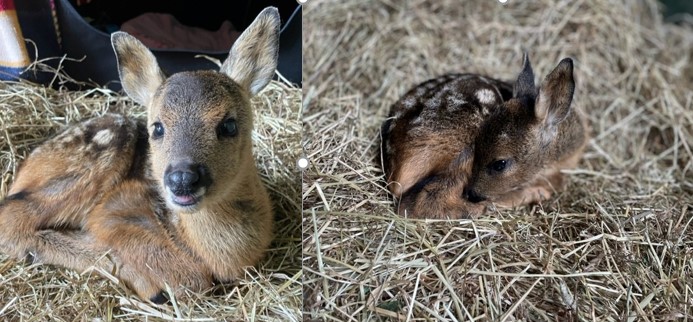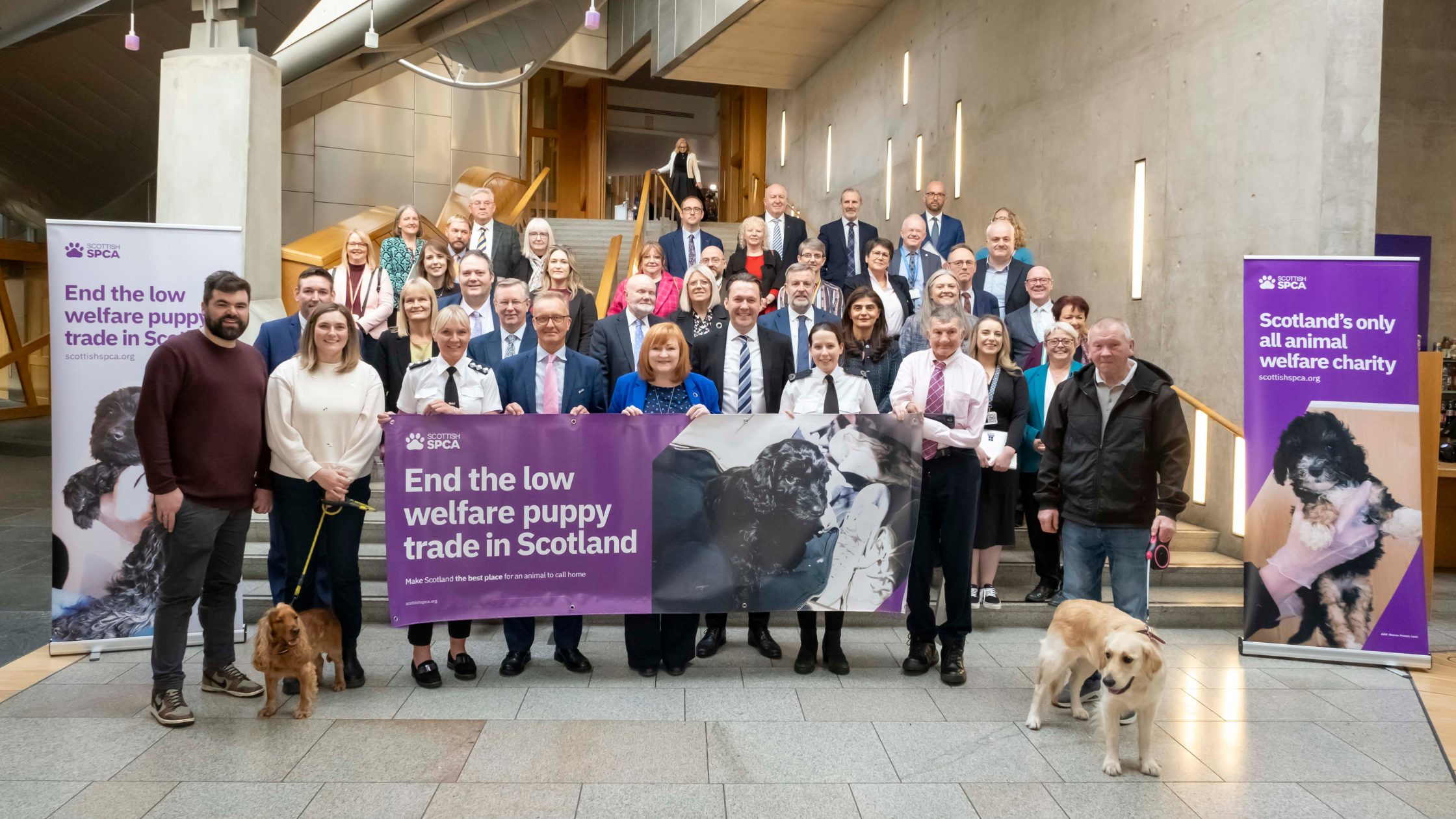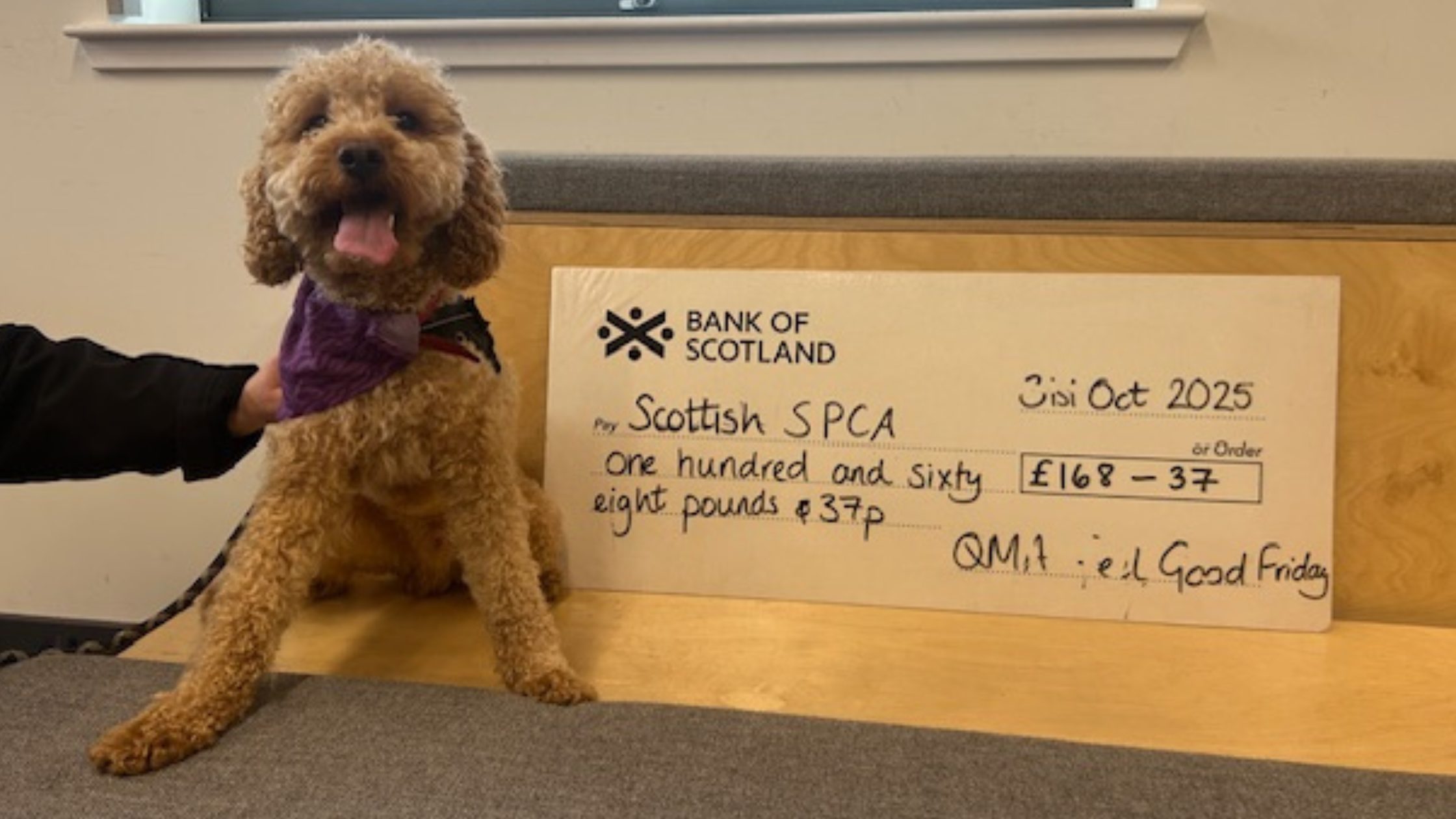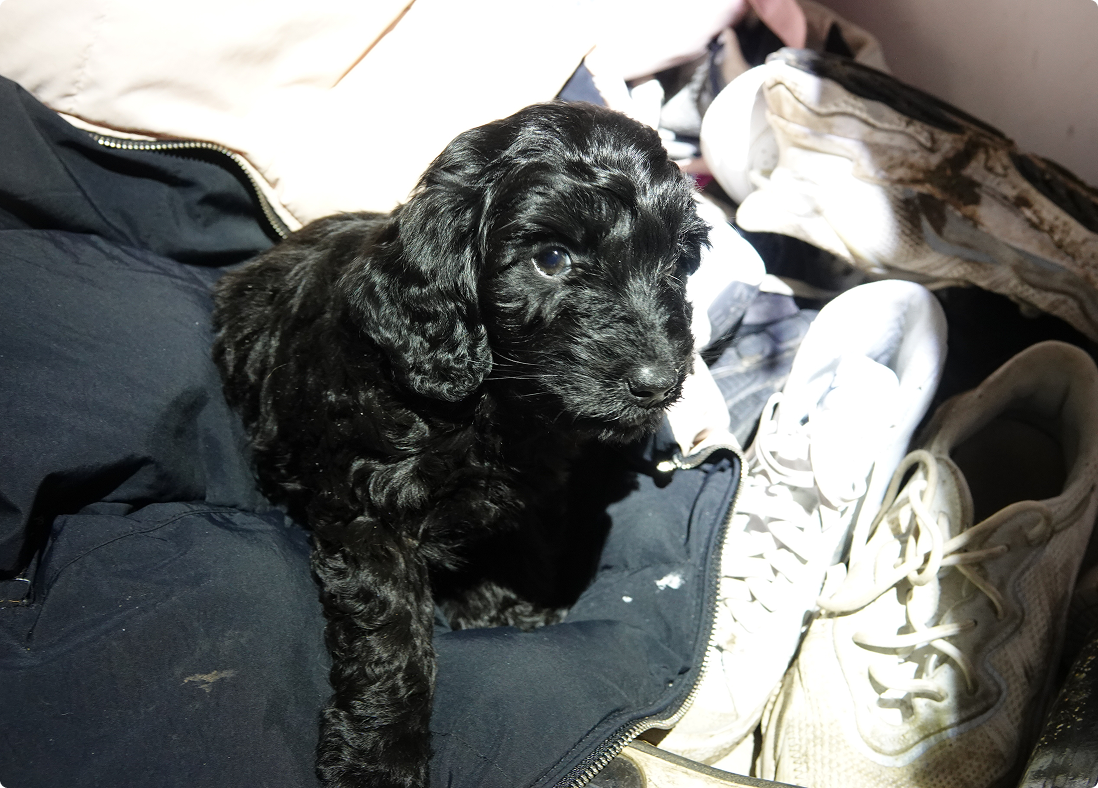We are reminding the public again that removing fawns from the wild after assuming they have been abandoned is likely to cause their death.
Female deer will leave their young from an early age in long grass or under bushes to protect them from predators while they forage for food. As they are a prey animal, the fawn’s instinct is to lie as still as possible so as not to attract predators, leading to members of the public mistakenly thinking they are sick, injured or abandoned.
Assistant manager of the Scottish SPCA’s National Wildlife Rescue Centre, April Dodds said: “We are still seeing a number of fawns which have arrived at the centre where they have been removed from the wild for no reason. Removing fawns from their natural habitat can only do harm if they are an otherwise healthy animal with a mother.
“The public may think this is not a serious issue as the animals can be cared for by the Scottish SPCA but fawns are possibly the most complex and challenging animal we deal with at the National Wildlife Rescue Centre. In many cases removing that young animal from the wild is effectively a death sentence.
“Last month we put out an appeal after a fawn arrived at the centre because a member of the public took them home for a few days and tried to feed them after their mother was killed on a road. Despite all our efforts, the fawn sadly passed away. This was due to aspiration pneumonia prior to arrival at the centre where milk entered the fawn’s lungs after being fed unsuitable food and milk.
“These are wild animals, not domesticated pets who are used to human interaction, so trying to pet or comfort them only causes more stress.
“Just this week, a member of the public picked up a healthy fawn and took them home. When we asked them to reveal their location they refused and claimed that, as they had read advice online, they knew how to look after the animal. We know the fawn was outside with the family dog and the close proximity of an animal like a dog, which a deer would perceive as a predator, would undoubtedly cause yet more stress to the animal.
“We can’t stress this strongly enough, please leave these animals in the wild where they belong.
“If you spot a fawn who is walking around and calling out, they may need help. Monitor the fawn from a distance for a few hours, allowing the mother to come in and feed it if she has left the area. If no mother returns to feed the fawn, then please call our animal helpline for advice on 03000 999 999.
“Please do not try to feed the fawn or remove them from the area as it can cause great distress to the mother and fawn. It’s also incredibly upsetting for the rehabilitation team at our centre to watch these animals die needlessly.
“Our National Wildlife Rescue Centre is now caring for three fawns and hundreds of other wild animals.
“To help with the demand of this busy season we always welcome any generous donations of food, treats, or other items to help us care for wildlife.
“You can view what our wildlife centre most urgently needs on our Amazon Wishlist.
“To report any injured or distressed animals, contact our animal helpline on 03000 999 999.”
Visit our deer advice page for more information.




